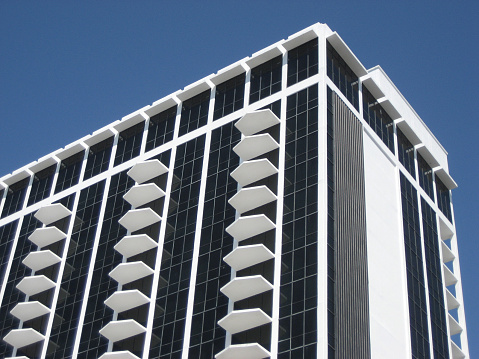
Aesthetics Prove Costly For New Jersey Condominium Owner
In a recent Appellate Division decision, a lawsuit that began as a simple action to collect delinquent condominium assessments proved to very costly to the owner. The history of the litigation is instructive on the basic principals of condominium law in New Jersey and the proof required to support a claim for damages under the New Jersey Consumer Fraud Act.
Very simply, the owner successfully made a motion, in the Special Civil Part, to vacate a default judgment for delinquent assessments. The judgment was less than $6,000.00. The owner filed an answer which asserted various counterclaims and a third party action against the developer of the condominium.
Point I: The judge in the Special Civil Part correctly noted, that the since the obligation to pay assessments is unconditional, the counter-claim and the third party action would be severed from the association’s claim for delinquent assessments and the owner’s claims would be pursued in a separate action in the Law Division.
Point II: In connection with action to collect the delinquent assessments, the judge awarded the condominium association legal fees in excess of $30,000.00 incurred in defense of the action to collect fees. There need not be proportionality between the amount sued for and the legal fees required to collect it.
Point III: The third party complaint alleged, inter alia, misrepresentation and a claim for violation of the New Jersey Consumer Fraud Act (“CFA”). The owner alleged that in purchasing the condominium, he relied on certain representations concerning the installation of an aquatic garden which was never accomplished. The CFA requires a showing of an “ascertainable loss” which the owner alleged to be the diminution in value of the condominium, i.e., the price he paid and the market value. On summary judgment, the Appellate Division found that demonstration of an “ascertainable loss” under the CFA required the production of expert testimony concerning value which the owner failed to produce. The third party complaint was dismissed.
The take away from the case is that the law in New Jersey requires unconditional payment of condominium fees notwithstanding conditions that are alleged to interfere with the use and enjoyment of a unit. Attempts to assert claims in defense of actions to collect assessments can prove to be very costly.






